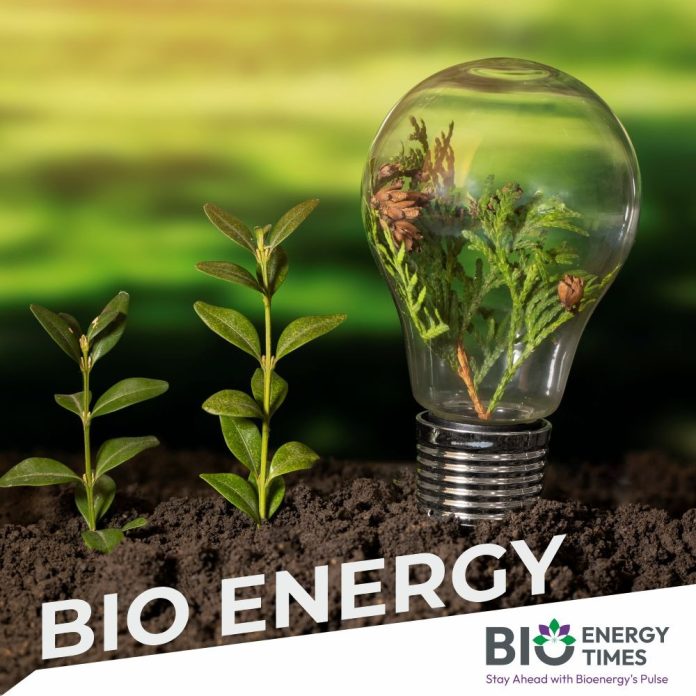India is set to develop a comprehensive ecosystem for manufacturing solar energy equipment within the next four to five years, a timeline significantly shorter than the 20+ years taken by other countries, according to Vineet Mittal, Founder and Chairman of Avaada Group.
In an exclusive interview with ANI at the Abu Dhabi International Petroleum Exhibition and Conference, Mittal discussed the challenges and opportunities for India’s renewable energy sector. He pointed out that Indian solar companies are currently dependent on foreign countries for essential solar components, which hampers their growth and competitiveness. However, Mittal expressed confidence that this situation is poised to change rapidly.
“Other countries have taken over two decades to build a complete supply chain for solar energy. India, however, will establish its full solar manufacturing ecosystem in just four to five years,” Mittal said, outlining the country’s ambitious plans to become self-reliant in solar energy production.
Mittal’s company, Avaada Group, is focused on renewable energy generation through solar, wind, pumped hydro, and green fuels. He emphasized the importance of reducing India’s reliance on imported solar components to lower costs and enhance the competitiveness of the country’s solar sector.
“We’re setting up a manufacturing campus where the process will be seamless—starting from the wafer stage to producing a fully functional solar panel,” Mittal explained. He described this initiative as a potential game-changer for India’s renewable energy landscape.
Additionally, Mittal advocated for the use of e-methanol in the transport sector, a move he believes could significantly benefit India. “We’re already using grey methanol in the Northeast to fuel cars, and it’s proving to be an ideal solution for heavy transport, car transport, and green ammonia for fertilizers,” he said. He urged the government to adopt policies to promote e-methanol as a mainstream fuel option by aggregating demand and making it a fuel of choice.
On the topic of hydrogen energy, Mittal stressed the importance of long-term government support, particularly through mandates and off-take contracts, to stimulate growth in the sector. While hydrogen energy holds promise as a reliable energy source, Mittal noted that the cost remains high due to the underdeveloped ecosystem. He pointed to the success of India’s solar energy sector as a model for hydrogen, noting how the cost of solar tariffs had dramatically fallen from 30 US cents per kilowatt-hour to less than 4 US cents as the sector scaled up.
“The hydrogen sector needs similar government intervention to drive costs down and make green ammonia competitive with grey and blue ammonia,” he said.
Mittal also called for the establishment of a carbon market to accelerate the transition to green fuels. Without such a market, he warned, businesses and individuals lack sufficient incentives to adopt cleaner fuel options. “A carbon market would provide the necessary push to encourage the shift toward green fuels,” he said.
Avaada Group, under Mittal’s leadership, is playing a key role in advancing India’s renewable energy goals. The company is committed to helping the country achieve its 2030 target of 500 gigawatts of renewable energy. “Currently, we are focusing on building 30 gigawatts of solar and wind projects across India,” Mittal revealed. This includes 5 gigawatt-hours of battery storage and 10 gigawatt-hours of long-duration pumped hydro storage, both of which will help stabilize energy supply during peak demand periods.
With government policies increasingly supportive of energy storage solutions, Mittal believes companies will be able to store renewable energy for use during peak hours, further enhancing the stability and reliability of India’s power grid.
Avaada’s investments in solar and wind power are seen as crucial to India’s renewable energy ambitions, positioning the company as a key player in the country’s energy transition.
To read more about Biomass Industry News continue reading Bioenergytimes.com















